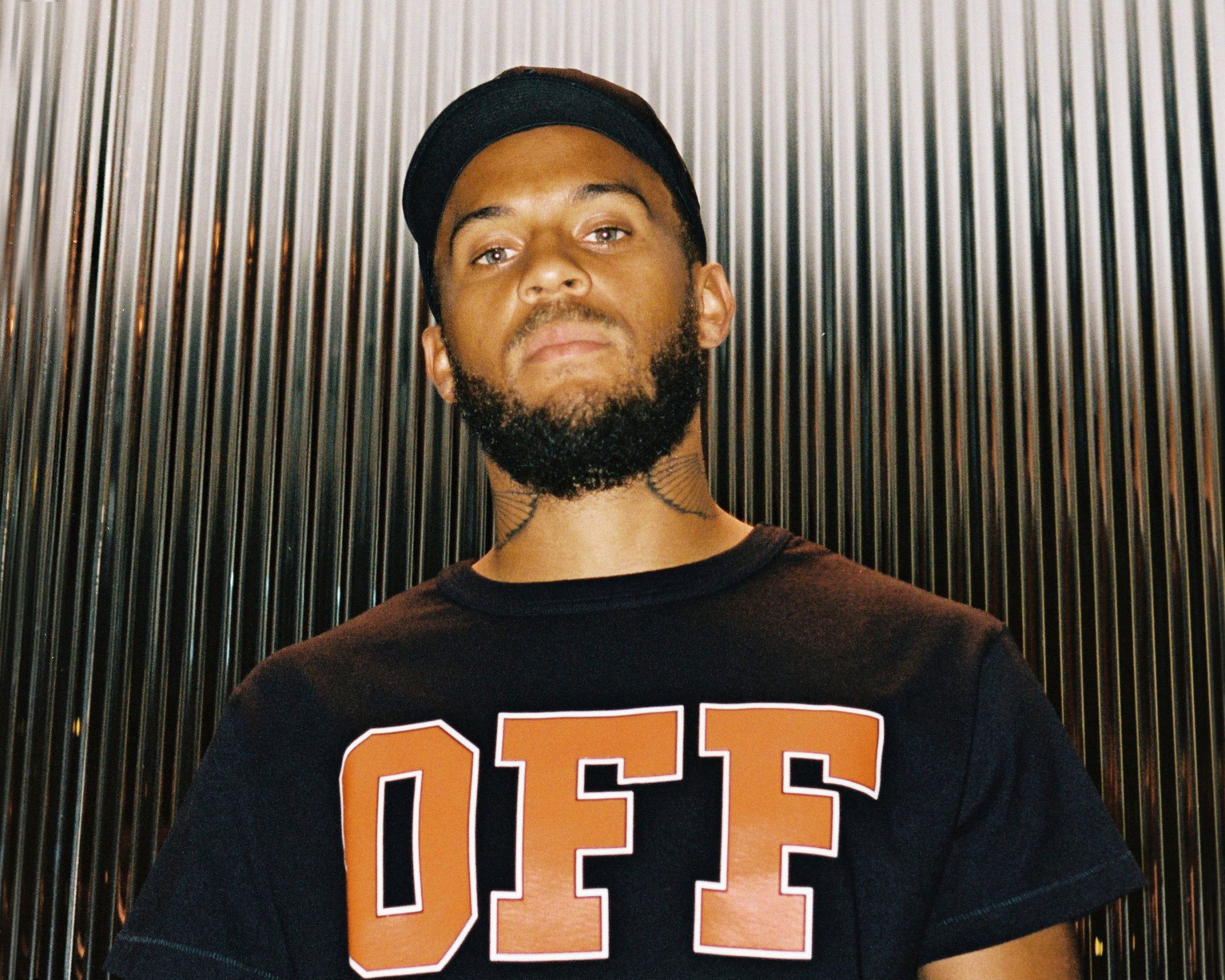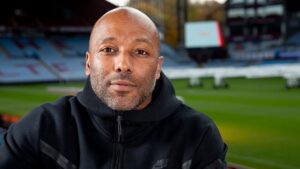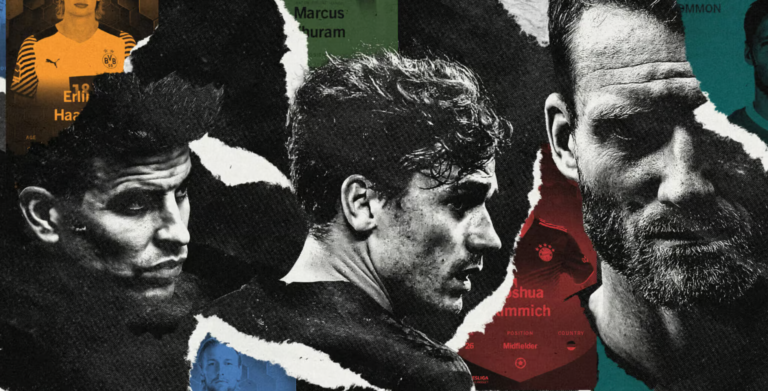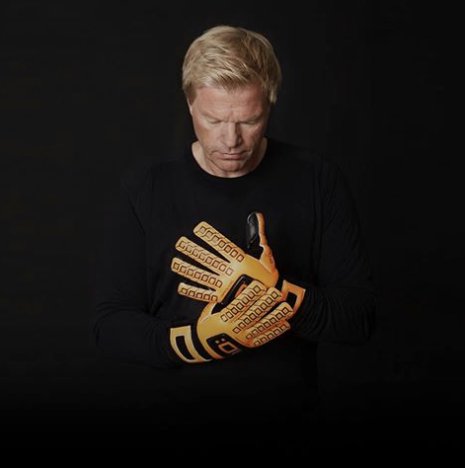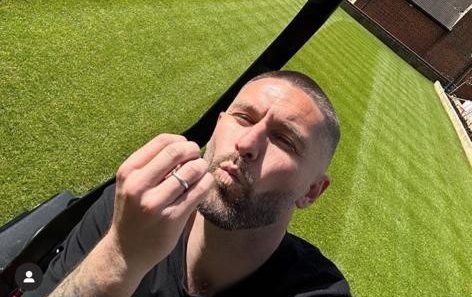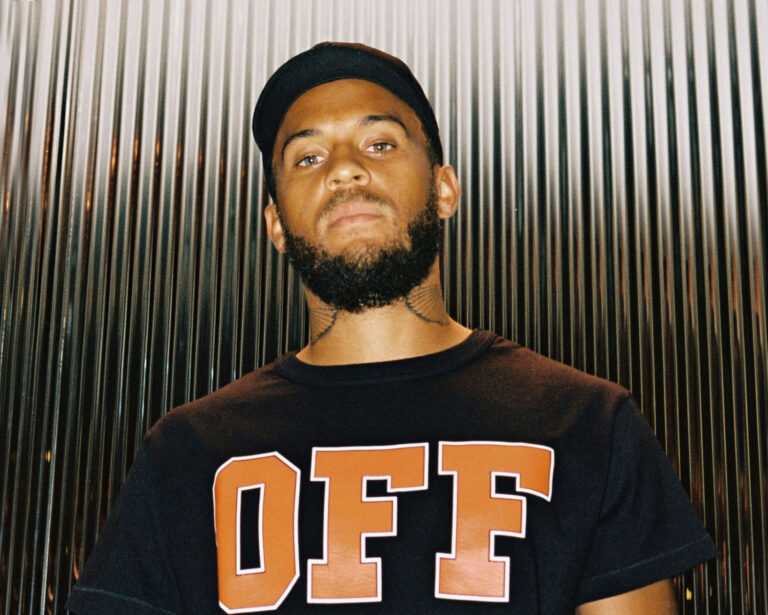Don’t build backwards
What a waste. Remember Sunday league?
You’d turn up and look at the opposition, hoping there wasn’t a fast-looking winger with bright yellow mercurials and socks above his knees. Long. But, more often than not, that kid did nothing. All gear, no idea.
His parents spent all that money just for him to do a few stepovers with no one around and finally pass the ball backwards. You know, like Anthony. Don’t be that guy. Not in life, not in football and certainly not in business.
There is, however, one occasion where I get it. It’s still not ok, but I certainly understand it. I’m talking about starting something for the first time. Let me explain.
Let’s say I want to be a fisherman. I research for days and spend thousands of pounds on the best gear. Carbon fibre rods, weather-resistant trousers, and potent bait. I’d look like a great fisherman. But I still wouldn’t catch any fish.
All the while, I’d get better at fishing if I’d just gone out and done it. What’s that old saying? “Give a man a fish, and he’ll go broke in a day”—something like that.
Anyway, the only way I’d get somewhere is by doing it, right? All the fancy stuff can wait. It’s more efficient that way.
But somehow, we always fall into the same trap.
Business is the same.
Loads of stuff make us feel like we’re making progress. Printing business cards, getting software subscriptions, a cool logo, and so on. But don’t mistake movement for progress. Sometimes your rod is just caught on some seaweed.
Be like Leicester City’s Ryan Bertrand
Ryan Bertrand has had a couple of business ventures, some successful, some not. But he got his hands dirty. And those lessons will be invaluable in the long term. Here’s what he did.
Ryan was interested in finance from an early age. He started forex trading with his youth teammate at Gillingham, Louis Bell. Louis went on to work in the city as a trader, and Ryan founded a fin-tech startup Silicon Markets.
The company basically allowed none professional traders to automate sequences and get more consistent results.
Silicon Markets was eventually sold to a Malaysian firm. With this, Ryan went through the entire entrepreneur journey, from start-up to exit.
The following year, he started FootiEmoji. An emoji keyboard app for apple. The company hoped to replicate the success of other emoji apps, like the Kardashian’s Kimoji but targeting football fans.
Long story short, FootiEmoji flopped.
But Ryan learned a lot. He said. “If you want to be in business, it’s important to start, and the sooner you do that, the better.”
Do you agree? I bet. So here’s how to avoid having all the gear, but no idea.
Release Fast.
You will learn the most about business by operating your own. So, the faster you get going, the sooner you’ll learn. All businesses or products should be considered experiments. Very quickly, you will see what works and what doesn’t.
But why, then, do people take so long on the first version? Pride, mostly. The thought of releasing something that could be better hurts little. We worry about what others think.
Once you overcome this, the world is yours. Simple doesn’t equal bad. In fact, it’s quite the opposite. You must build the absolute basic version of your idea and launch it.
Everything else will come.
“Everyone has a plan until they get punched in the mouth”. — Mike Tyson
Iterate.
Building a great business is not about one brilliant idea or overnight success. It’s about testing and learning faster than your competition.
You may have a clear idea for your business, but out in the real world, there may only be one thing that resonates with customers.
You can always change to then focus on it. For example, did you know Play-Doh started out as a cleaning product?
Soon enough they heard stories of kids using it for arts and crafts, so they launched the Play-doh we all know today. Maybe your business’s pivot won’t be so extreme! You could run a diet plan service and find that people can’t stick to diets.
Thinking on your feet, you start offering a meal prep service. This really hits, and suddenly people are telling their friends about the meal prep, not the diet plans.
Losing is learning.
It might not work out. Doing anything new the first time is painful; you’re wandering into uncertain territory. Just remember, you have to be very, very comfortable with frequent failure.
Your experience will then compound.
It’s cliché. But true. A few years ago, I tried to launch a line of small home fitness products. It flopped. BIG TIME. I sold one product.
But I learnt more about social media marketing that month than I could have any other way.
It was the same for Ryan Bertrand. FootiEmoji was a dud. But he was so hands-on in the process that he probably knows more about building and launching apps than 99.9% of footballers.
He said himself in the Guardian, “When we pursued this, it was a hands-on job because we wanted to have fun and learn from it ourselves.”
Next time Ryan has an idea, he’ll start two steps ahead.
If you’re willing to lose a little bit, you’ll eventually win a lot.

